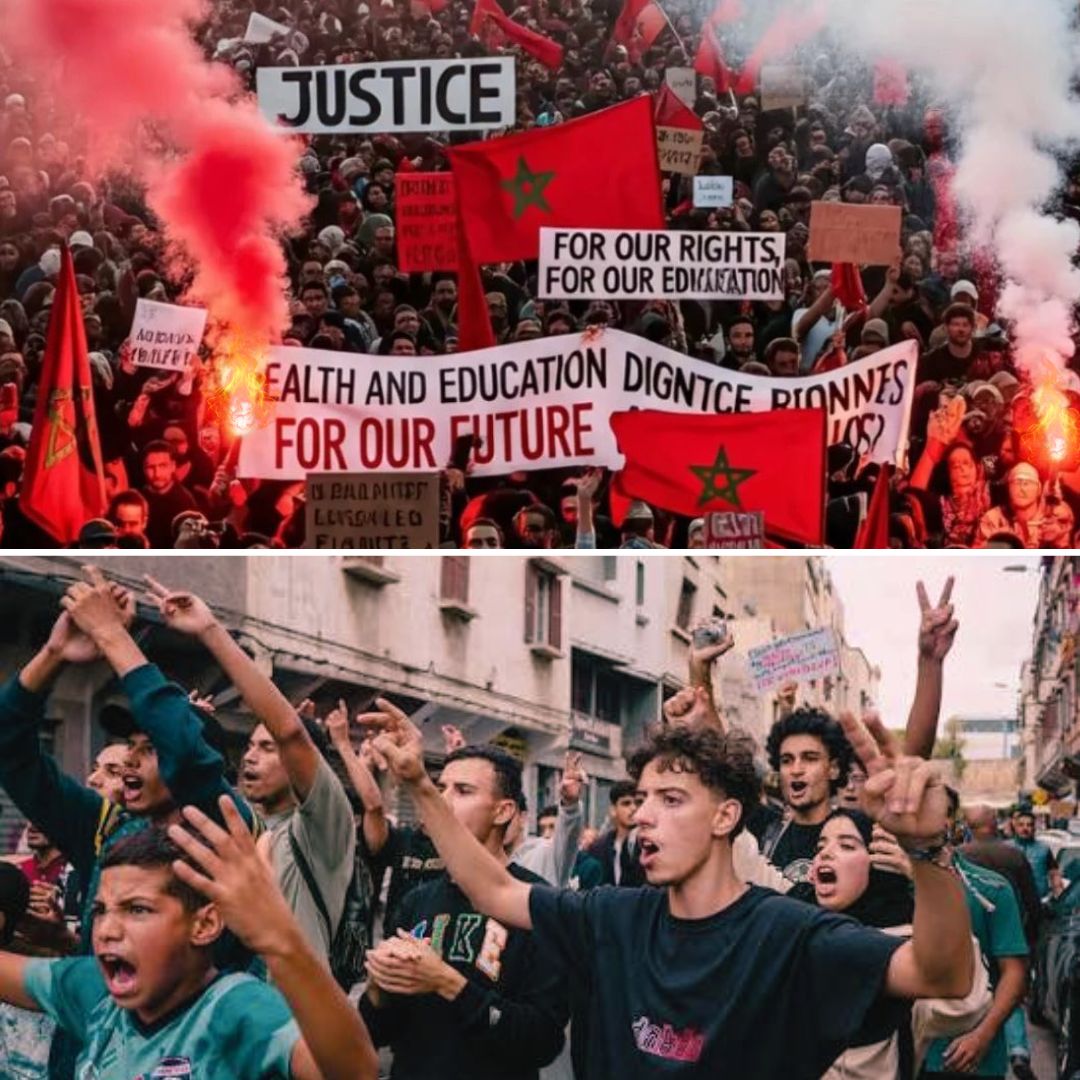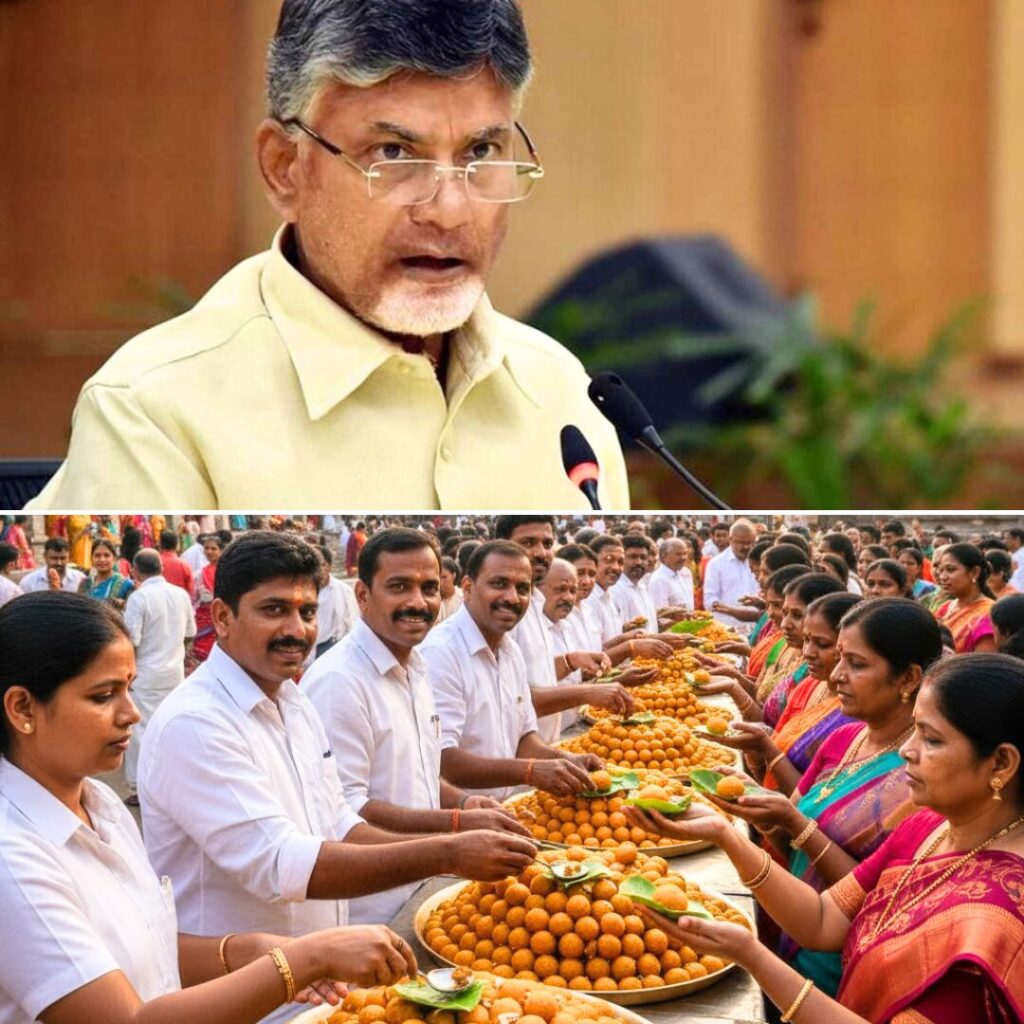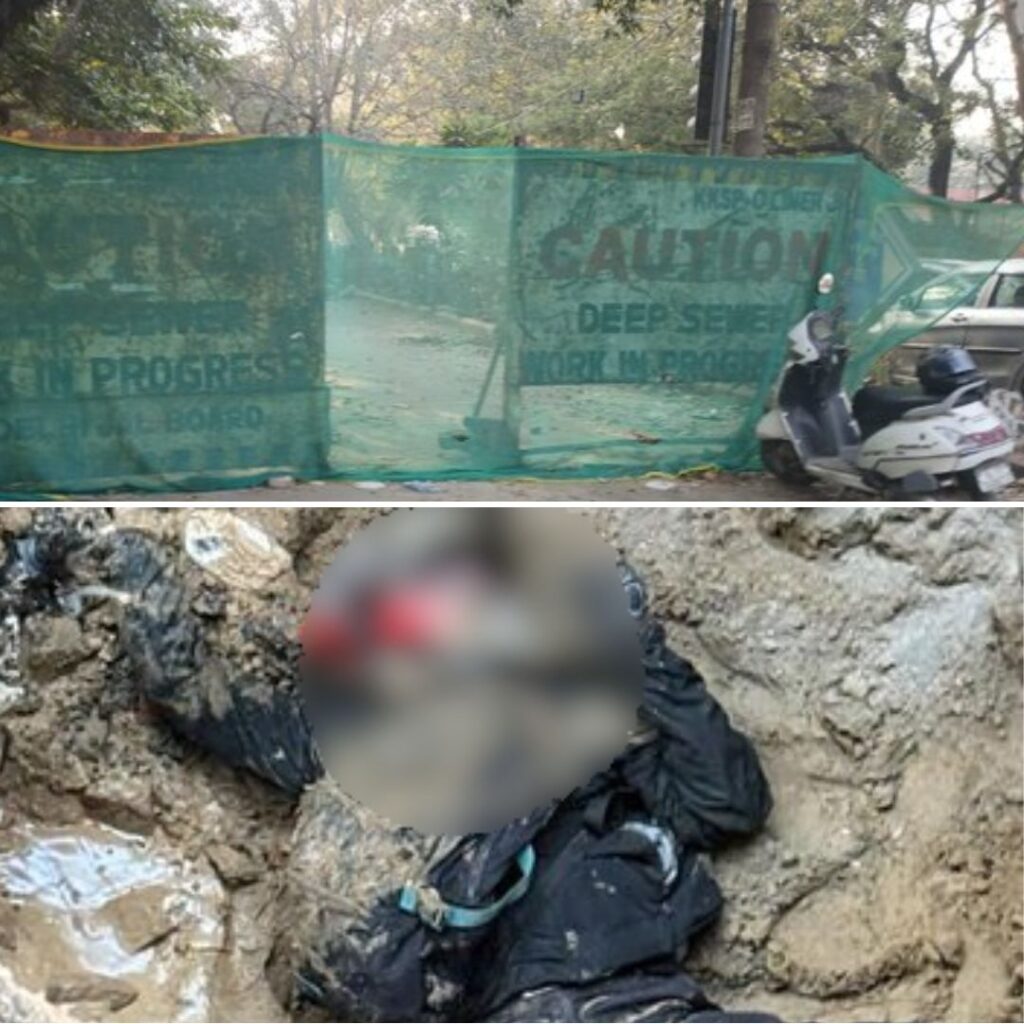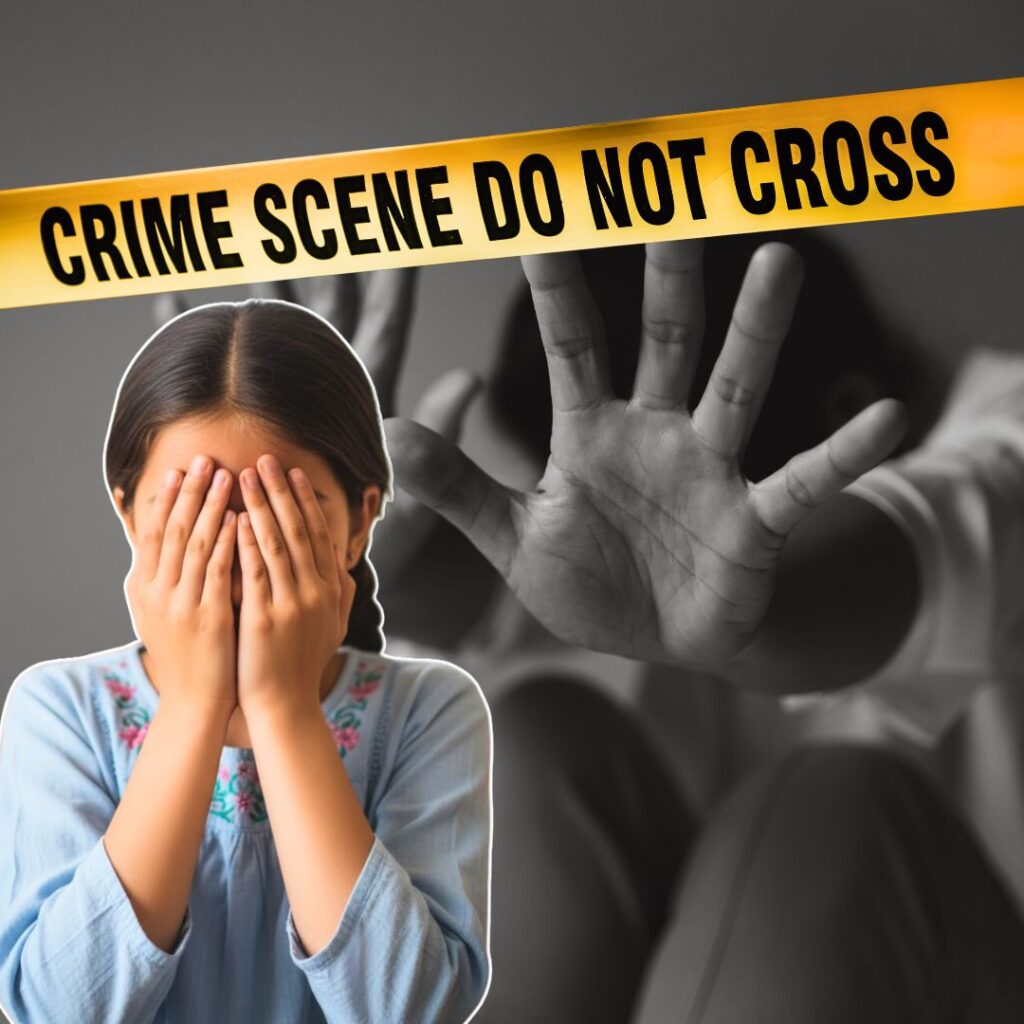At least three people were killed and hundreds injured as protests erupted violently in Leqliaa, a town near Agadir, Morocco, on Wednesday. Security forces opened fire on demonstrators attempting to storm a police station, a move authorities said was in “legitimate self-defense” during an assault on law enforcement officials. This confrontation marked the first fatalities in a wave of antigovernment protests that have spread across Moroccan cities, including Rabat, Casablanca, Marrakech, Tangier, and Oujda.
The unrest emerged as young people led by the loosely organised group GenZ 212 voiced growing anger over alleged corruption and the government’s heavy spending on infrastructure projects for the 2030 FIFA World Cup, while public services such as healthcare and education remain significantly underfunded. Hundreds of protesters and police have been injured, and over 400 detainees were reported nationwide, provoking international calls for restraint and justice.
Digital Mobilisation fuelling a Generational Uprising
The youth-led GenZ 212 movement, named after Morocco’s international dialing code, has harnessed social media platforms like TikTok, Instagram, and Discord to mobilise thousands across the country. The protesters demand better jobs, education, healthcare, and transparency in governance, encapsulated in slogans such as “Stadiums are built, but where are the hospitals?”
The protests began peacefully but escalated after security forces’ forceful crackdowns, including use of tear gas, rubber bullets, and live ammunition in some instances. Despite incidents of vandalism and clashes, the movement distanced itself from violence and called for peaceful expression and reform. The death of eight women in an Agadir hospital in mid-September also acted as a catalyst, symbolising wider systemic failures that fuel youth frustration. This wave of protests reflects Morocco’s sharp generational divide and economic disparity.
Government Response and Escalating Tensions
The Moroccan government has condemned violent acts and stated it will respect legal peaceful protests but underscored a “rigorous and firm” response to unrest involving violence or property damage. The Interior Ministry detailed over 400 arrests and reported injuries to more than 260 security personnel. Prime Minister Aziz Akhannouch publicly expressed willingness to engage in dialogue with the protesters to address their grievances while simultaneously upholding law and order.
However, demonstrators have escalated demands, with some calling for his resignation and broader political overhaul, reflecting deep distrust in institutional responsiveness. The protests unfold amidst Morocco’s preparation to host significant international events and forthcoming parliamentary elections, heightening the urgency for credible reform.
The Logical Indian’s Perspective
Morocco’s tragic unrest underscores the profound need for empathy, dialogue, and constructive reforms to bridge widening social divides. The Logical Indian emphasises a commitment to peaceful protest, government accountability, and systemic change that honours citizens’ rights and dignity.
These protests highlight youth vitality and legitimate demands for equitable public services and transparency. Yet, loss of life and suppression threaten to undermine these goals. It is vital for Morocco’s leadership and civil society to nurture inclusive dialogue and meaningful policy responses that prioritise social harmony and co-existence.
Massive pro-Palestine protest in Morocco.pic.twitter.com/Jm6hoUWBLP
— Hassan Mafi (@thatdayin1992) October 2, 2025













